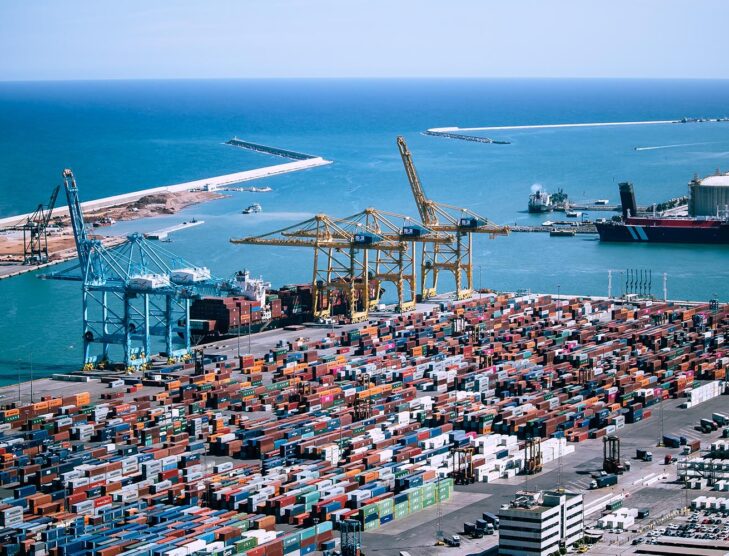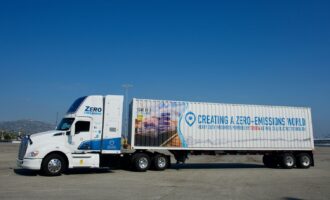
EPA seeks input on Clean Ports and Heavy-Duty Vehicle Programs
The U.S. Environmental Protection Agency (EPA) is seeking public input on the development of two new programs, the Clean Ports Program and the Clean Heavy-Duty Vehicle Program, by June 5, 2023.
The Clean Ports Program will invest USD3 billion in technologies to reduce harmful air and climate pollutants at U.S. ports and create a zero-emission shipping future.
The Clean Heavy-Duty Vehicle Program will invest USD1 billion to reduce vehicle emissions and better protect the health of the people living and working near ports, schools, and other truck routes.
EPA Administrator Michael S. Reagan announced the funding and request for information with U.S. Senator Jon Ossoff, while touring the Port of Savannah in the state of Georgia, where the EPA has previously awarded the Georgia Ports Authority more than USD9 million in Diesel Emission Reduction Act (DERA) funds to reduce diesel emissions and improve air quality by upgrading and replacing older freight trucks, cargo handling equipment, and marine engines with cleaner models.
EPA’s new Clean Ports and Heavy-Duty Vehicle programs will go a step further to reduce emissions and improve community air quality through electrification and other zero-emissions technologies while strengthening the clean energy supply chain. This investment is the latest in a string of transformative programs and projects announced by the Biden-Harris Administration.
The Clean Ports Program builds on the EPA’s existing Ports Initiative and will transform port infrastructure while boosting investments for zero-emission port equipment and technology that reduces climate and air pollutants and improves air quality at ports and surrounding communities.
The Clean Heavy-Duty Vehicle Program provides funding to offset the costs of replacing heavy-duty commercial vehicles with zero-emission vehicles, deploy infrastructure needed to charge, fuel, and maintain these zero-emission vehicles, and develop and train the necessary workforce.
Through responses to this Request for Information (RFI) EPA is looking to improve the agency’s understanding of zero-emission trucks and port equipment as well as their associated charging and fueling infrastructure requirements. EPA is especially interested in comments detailing the availability, market price, and performance of zero-emission trucks, zero-emission port equipment, electric charging and other fueling infrastructure needs for zero-emission technologies, and to what degree the content and components of these systems are manufactured in the United States. This information will enable EPA to effectively design programs to expeditiously fund currently available zero-emission technologies and consider appropriate ways to accommodate technologies available in the near term.
echo '








